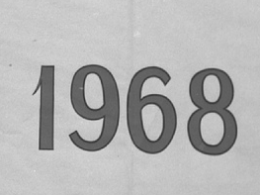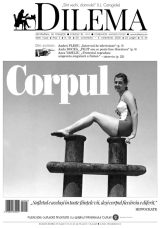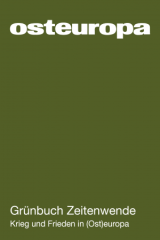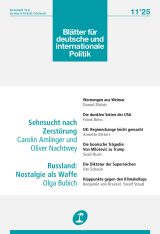The logic of accusation has no end
Adam Michnik and Andrei Plesu discuss "resistance through culture"
For Adam Michnik, resistance to communism took many forms: reproaching another for their lack of heroism is impossible. Talking to Andrei Plesu in Bucharest in February 2011, he called for an end to the logic of accusation and warned against instrumentalizing the quarrel with communism.



